sunflower husk pellets
Sunflower husk pellets can be a good alternative to wood pellets. They are usually used for combustion at power plants working on biomass and for industrial boilers. Sunflower husk pellets typically have an ash content of 2-3%, versus wood pellet ash content of 1-1.5%.
Pellets are made from completely natural sunflower residue and only by mechanical and thermal processing. They are made from residual materials, raw material that remains as waste in the food industry. These wastes are ground, dried, heated and then pressed with a machine so that the particles to be sticked together thanks to the lignin contained in the material and to form the known small granules.
They are suitable for pellet boilers, stoves and fireplaces, where the specification describes the suitability for pellets.
|
item
|
value
|
|
Type
|
Energy Fuel
|
|
Product Name
|
SUNFLOWER HUSK PELLETS
|
|
Size
|
2-5cm
|
|
Use
|
Heating System , Stove, BBQ Etc…
|
|
Packaging
|
15kg / 25 Bags/ | Bulk/custom
|
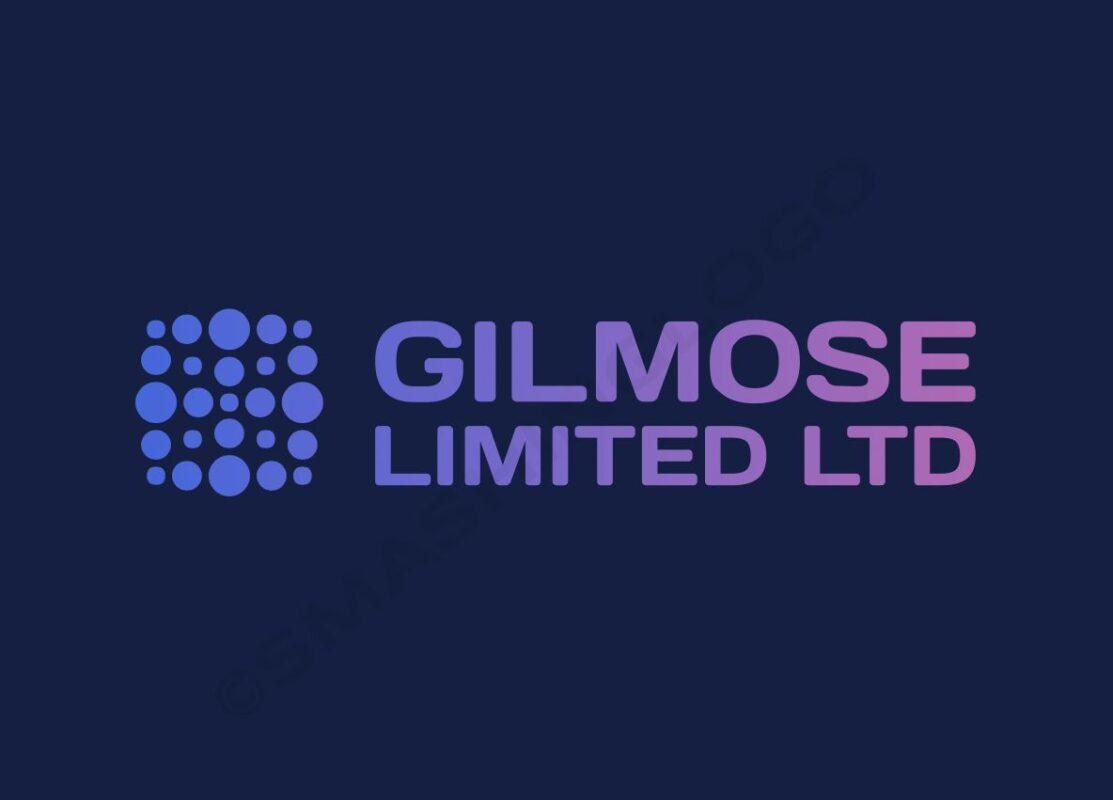

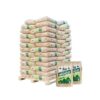

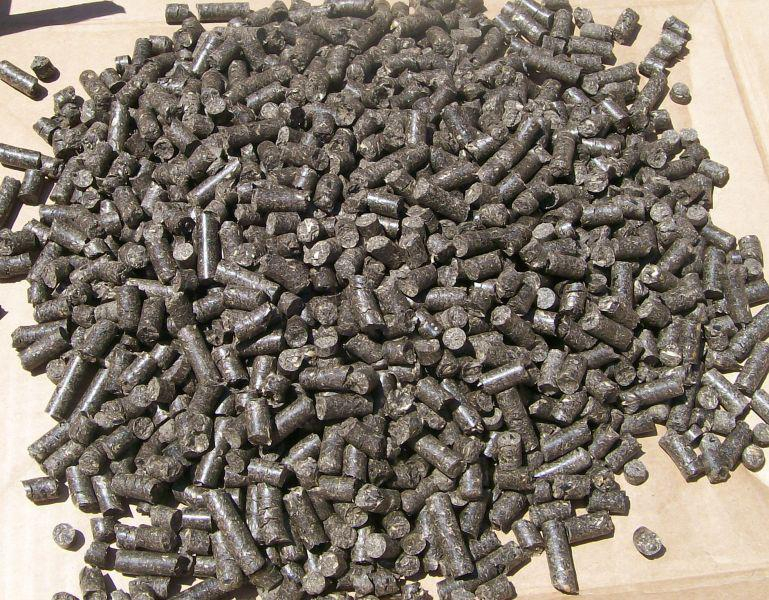

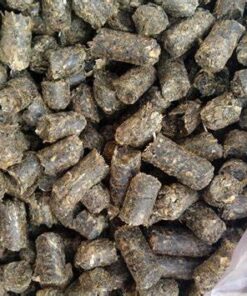
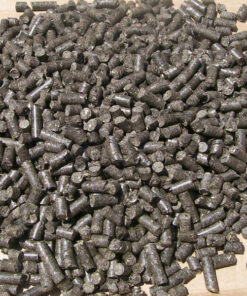
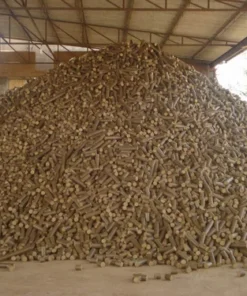
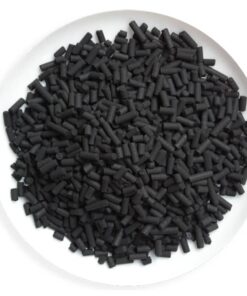
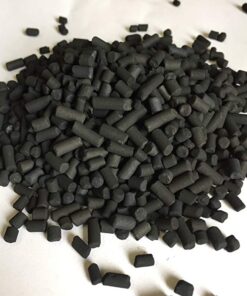
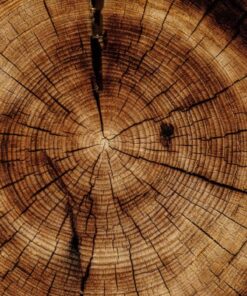
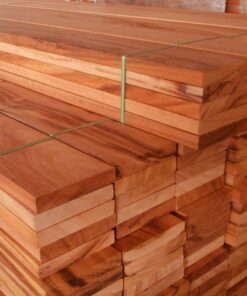
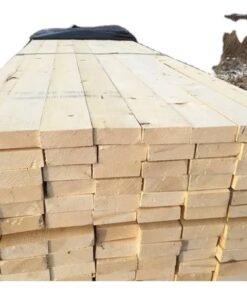

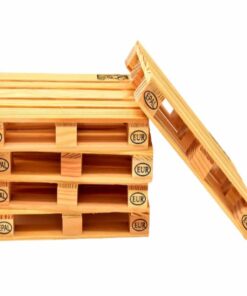

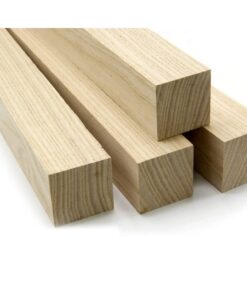
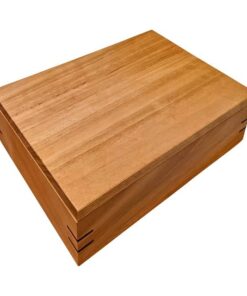
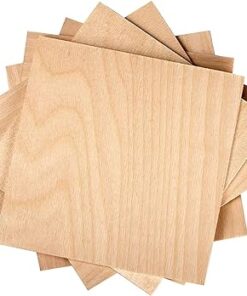
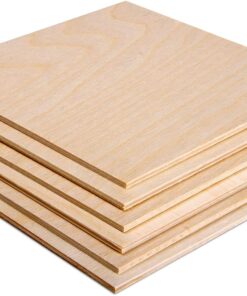
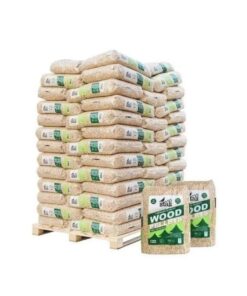
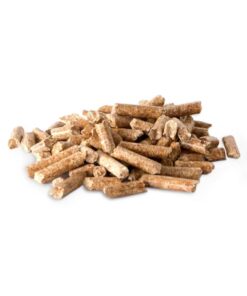



Reviews
There are no reviews yet.